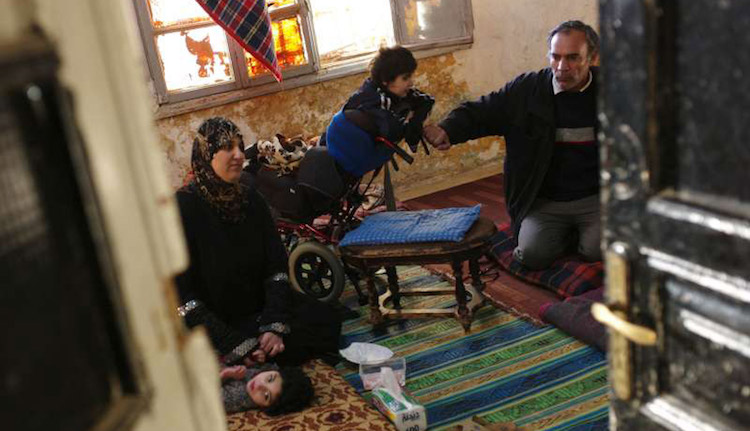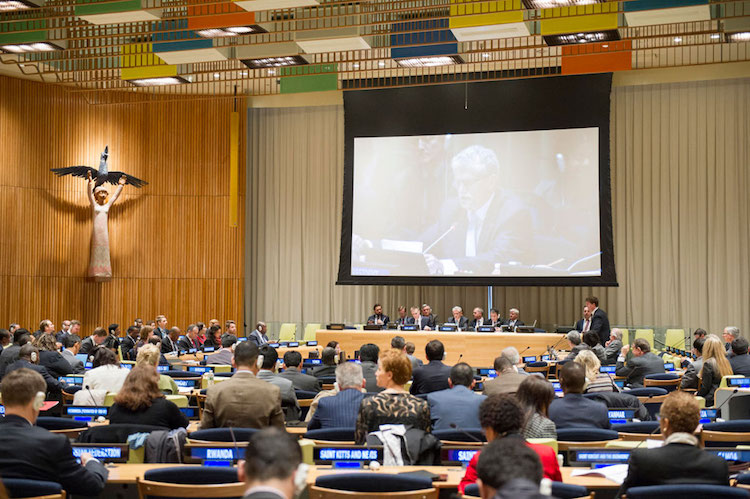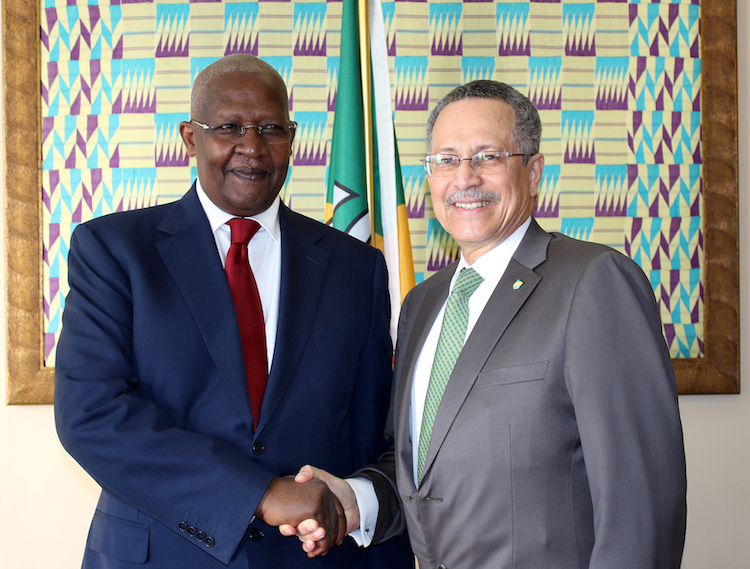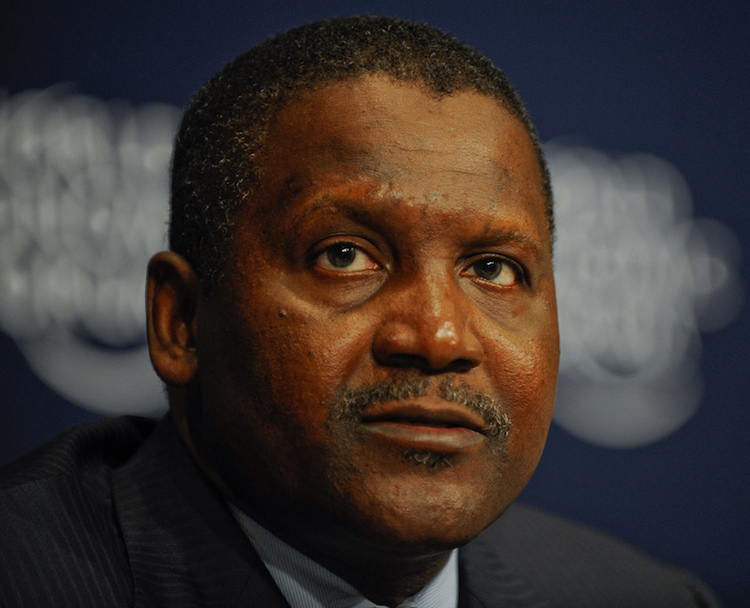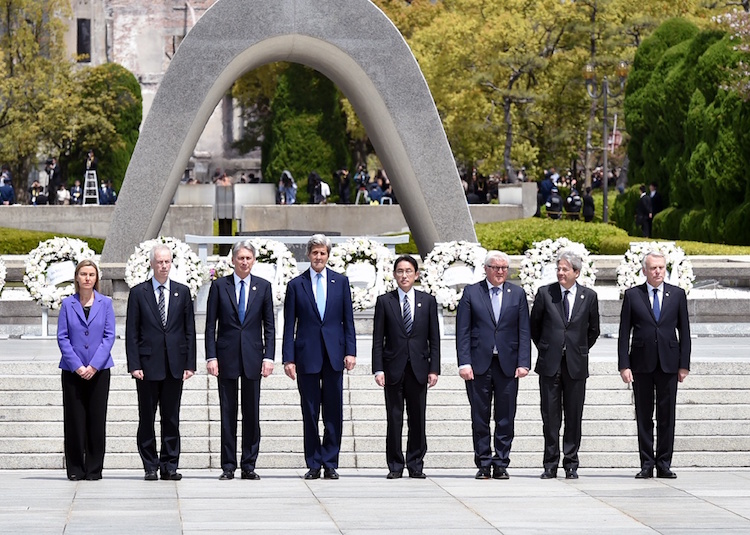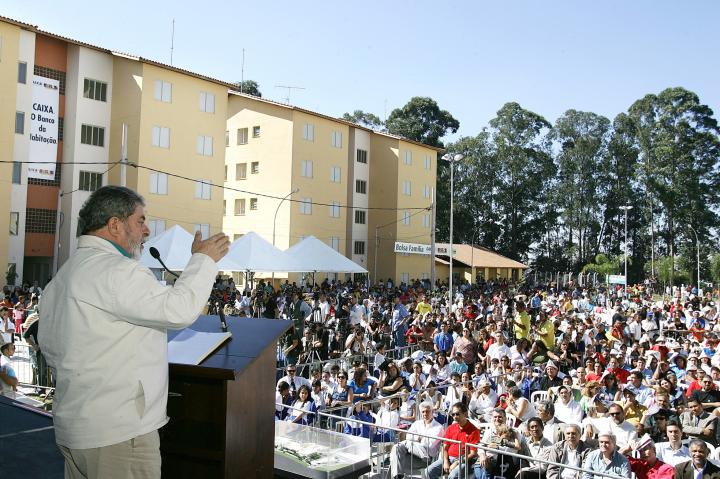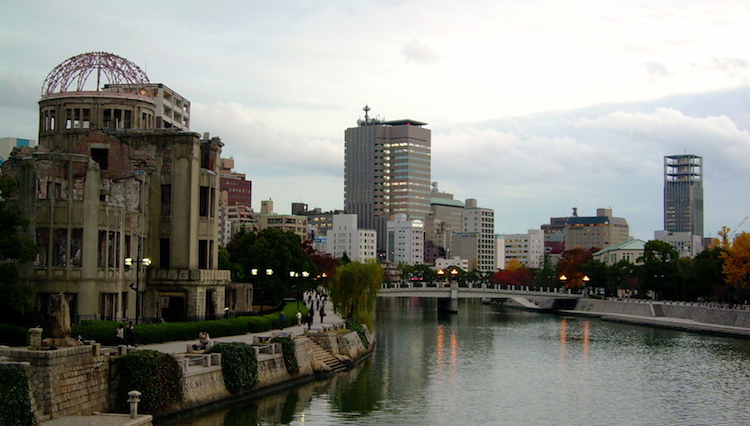A UN Women News Feature
NEW YORK (IDN | UN Women) – At 8 years of age, Sadatu Reeves came across photographs of women police officers in a magazine her father brought home from abroad. The empowered images sparked a deep-seated desire to don her own uniform.
She pursued a university degree in criminal justice, graduating in 2004, just after Liberia’s 1989-2003 Civil War. Her family opposed her idea of becoming a police officer, citing low salaries and public mistrust, bred by the violence and rape carried out by some police during the Civil War.
“Even though the reputation of the police was badly tarnished and its morale was very low, I wanted to be part of the new breed of Liberian National Police Force (LNP) officers to help restore the image and pride of the force,” Officer Reeves explained.
She was 27 when she joined the LNP in 2004. Today, the newly appointed Assistant Police Director for Administration is the only woman director and one of its three top commissioners.


